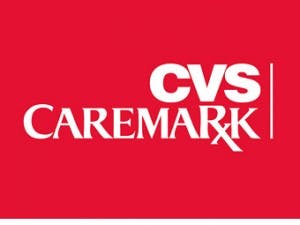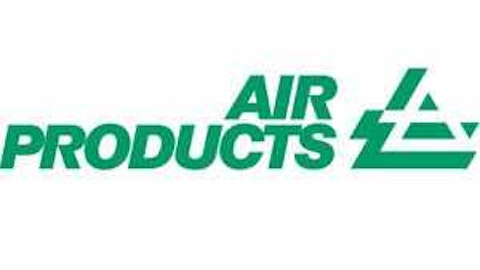The drugstore industry is mainly driven by the growing demand for affordable medical treatment at feasible locations. ‘Affordability’ and ‘accessibility’ are the two key factors in a patient’s mind while undergoing any medical treatment. To meet the patient’s requirements, drugstores are expanding in order to provide customers with drugs and services at convenient locations.
Additionally, the aging population and the improved usage of prescription medicines are acting as tailwinds for this industry. In this article, I will discuss three prominent names in the drug industry that have had regular expansions in their service offerings. Let’s find out if an investment opportunity exists in any of them.
CVS Caremark Corporation (NYSE:CVS)

In 2012, CVS Caremark Corporation (NYSE:CVS)’ market share grew to 19% from 18% in 2011. This gain was mainly due to a disagreement between Walgreen Company (NYSE:WAG) and Express Scripts Holding Company (NASDAQ:ESRX) over pricing issues. This dispute forced customers to pay more for services, resulting in many of them switching over to CVS and other drug stores. CVS has succeeded in retaining 60% of the new customers it gained from Walgreen Company (NYSE:WAG) in 2012.
Also favorable for CVS Caremark Corporation (NYSE:CVS) are CVS MinuteClinics, which are the company’s offering in retail-healthcare clinics. Overall, the drugstore operates around 640 MinuteClinics and expects to open 150 new clinics in 2013. This will expand the total number of clinics to 800 by the end of 2013. In the long-term, it expects to open another 1,000 clinics by 2016.
The company’s single-location approach to drugs and clinical services gives it a competitive edge over other major stores, such as Walgreen Company (NYSE:WAG) and Wal-Mart Stores, Inc. (NYSE:WMT). In the future, such clinics will play an important role in lowering the overall cost of health care. This initiative supported the company’s overall sales in 2012, and I expect that trend to continue in 2013 too.
Walgreen Company (NYSE:WAG)
Walgreen Company (NYSE:WAG)’s February comparable sales improved by 3% as the company regained its customers from Express Scripts Holding Company (NASDAQ:ESRX).
Last year’s dispute with Express Scripts Holding Company (NASDAQ:ESRX) resulted in huge losses of more than $5 billion in total sales. However, in July 2012, the drug company reached a deal with Express Scripts and introduced loyalty-reward programs, which helped it in gaining back its customers.
Following this, Walgreen experienced an increase in its same-store scripts by 6.4% in February and 7.3% in January. With the hope of gaining back more of its old customers, I see further improvement in comp sales by the end of this year.
In direct competition with MinuteClinics, Walgreen is enhancing its medical services under its subsidiary Take Care Clinics, which deliver quality medical aid at reasonable prices. It’s the first among its competitors to come up with a service to provide relief in chronic disease conditions.
The company is providing preventive care to people suffering from asthma, arthritis, diabetes and high blood pressure. With the help of experienced medical providers and practitioners, these clinics will be able to diagnose and test patients based on their age, gender and family history.
I feel this is the right time for the company to come up with such services, especially when there is a shortage of good health-care providers and medical costs are also rising. Via this service, Walgreen is targeting 30 million Americans from the aging group who will receive medical insurance under “Obamacare.”
Express Scripts Holding Company (NASDAQ:ESRX)
In April 2012, Express Scripts Holding Company (NASDAQ:ESRX) acquired Medco for $29 billion, strengthening its ability to negotiate better rates with suppliers and pharmacy companies. Moving forward, the Medco deal will help Express Scripts to generate cost synergies of around $1 billion once the alliance is complete.

